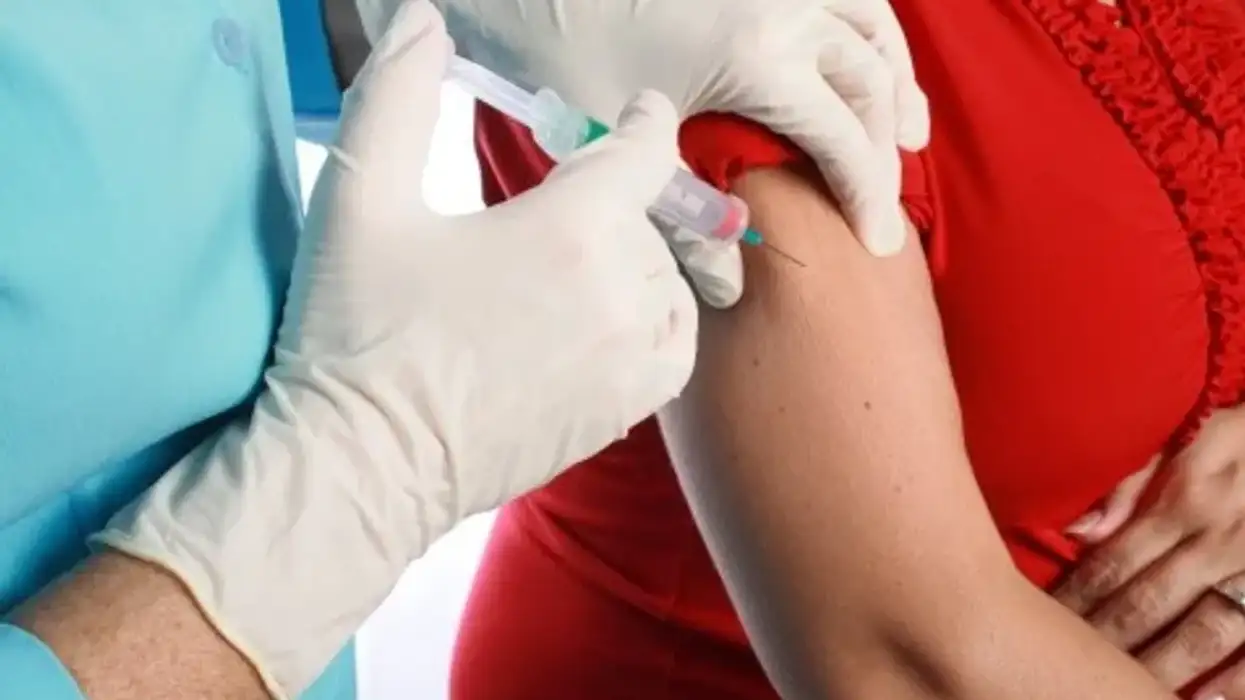CPE had argued that the Pharmacy First threshold should remain at 10, at least until further discussions could take place, but Ministers did not agree
In response to concerns raised by pharmacy owners, the government has decided to adjust the August threshold for the Pharmacy First service from 20 to 15 clinical pathways.
The ability of pharmacy owners to achieve the thresholds for the monthly Pharmacy First payments has been a topic of great concern.
Community Pharmacy England (CPE) has been actively discussing this issue over the last few weeks with the Department of Health and Social Care and NHS England.
Ministers have now decided to adjust the August threshold for the Pharmacy First service to 15, CPE announced today (July 31).
Commenting on this decision, Janet Morrison, CEO of Community Pharmacy England said: “We are pleased that Ministers have listened to our concerns and acted quickly to make an adjustment so soon after coming into office.”
Janet noted that while they had argued that the threshold should remain at 10, at least while further discussions took place, the ministerial decision only provides an easement for the next month.
Janet stated that CPE will continue to work with the DHSC and NHS England to review ongoing service data and consider its implications for the planned ramp-up in thresholds for September and October, especially considering the impact of seasonality and the low levels of GP referrals.
She said: “We remain determined to push for full commitment on all sides to the shared objective of making the service a success, mindful that it is critical to the Government’s manifesto commitment to build on the service to create a wider Community Pharmacist Prescribing Service.”
She strongly believes that community pharmacies have fulfilled their responsibilities in launching the Pharmacy First service. She highlighted that pharmacies have work hard in preparing and training their teams and promoting the service to GPs, other health professionals and the public.
She added that it is crucial for NHS England to match this commitment by implementing more effective advertising and ensuring that GPs refer as many patients as possible.”
The Company Chemists’ Association (CCA) welcomed the decision but stressed the importance of closely monitoring service data.
CCA Chief Executive, Malcolm Harrison, said: “Pharmacy First is already delivering for patients and the NHS, with engagement continuing to grow. However, it will take time for patients’ behaviour to change and to think ‘Pharmacy First’.
“In the meantime, we need concerted efforts to boost GP referrals and run targeted awareness campaigns to ensure patients are aware of this new access route”.
“With activity thresholds due to ramp up again in September and October, it is imperative that the Department and NHS England continue to monitor service data, so pharmacy engagement can be maintained.”
He added that the CCA will continue to support policymakers in making informed and evidence-based decisions, based on the data analysis they have been providing from day one.
Harry McQuillan, Chairman of Numark, praised the change, highlighting it as a significant step forward in supporting community pharmacies deliver the service and receive vital funding.
He commented: "Previously, pharmacies had to complete a minimum of 20 consultations each month to receive a fixed payment of £1,000.
"With the new threshold set at 15 consultations, this adjustment ensures that more pharmacies and patients can benefit from the support provided through the Pharmacy First programme."
He stressed that this reduction in the consultation threshold will help pharmacies better manage their workloads while still accessing the crucial financial support required to continue offering high-quality care.
"We are confident that this change will have a positive impact, enabling pharmacies to provide even more personalised and accessible services to patients.
"It underscores our ongoing commitment to advocating for the needs of our member pharmacies and the communities they serve," he said.













